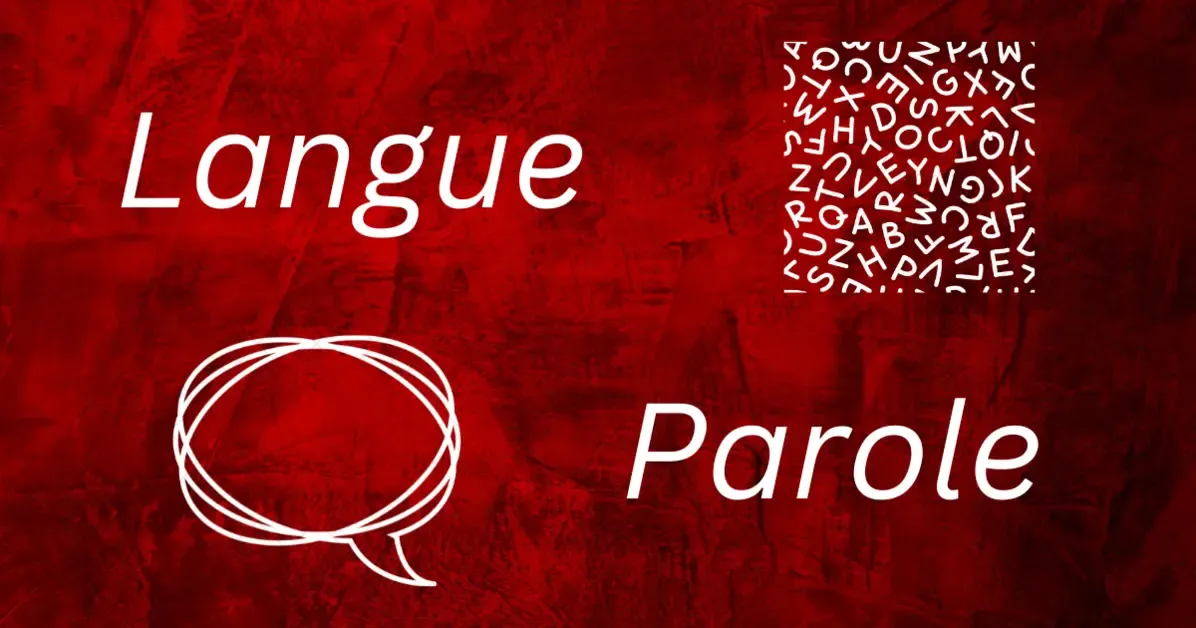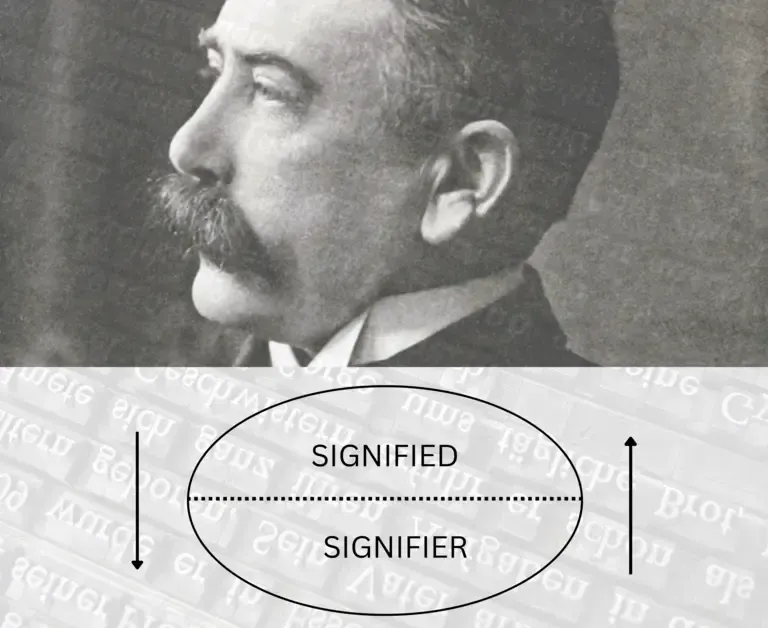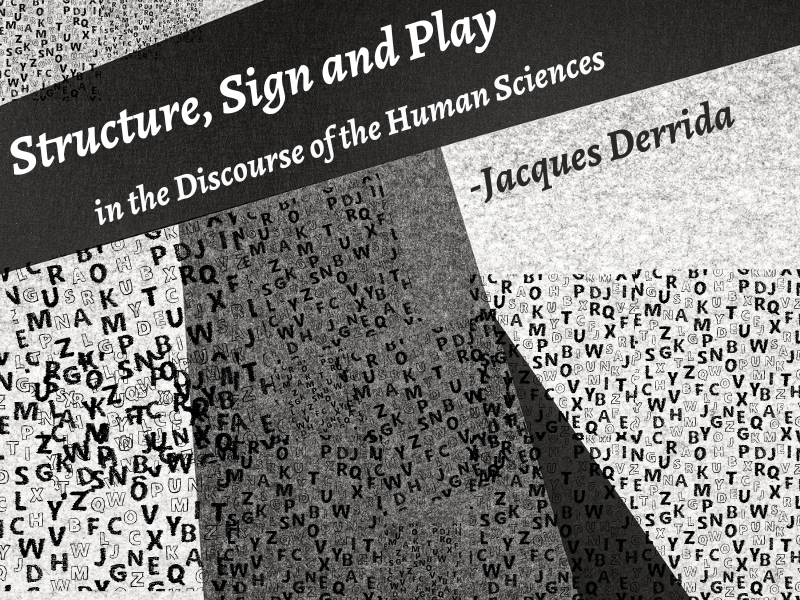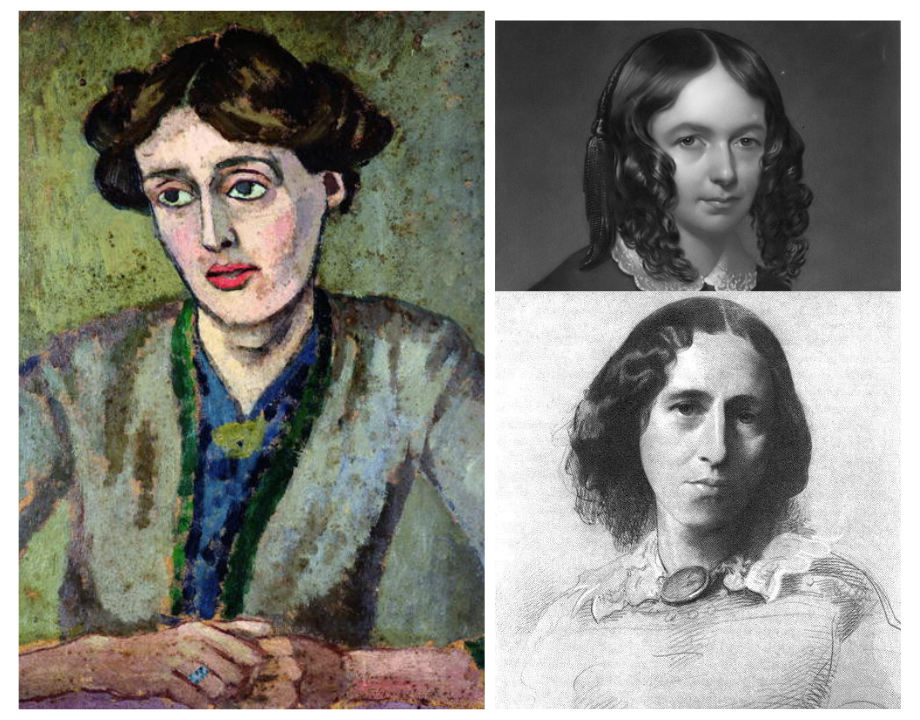A Beginner’s guide to Fundamental Principles of Marxism
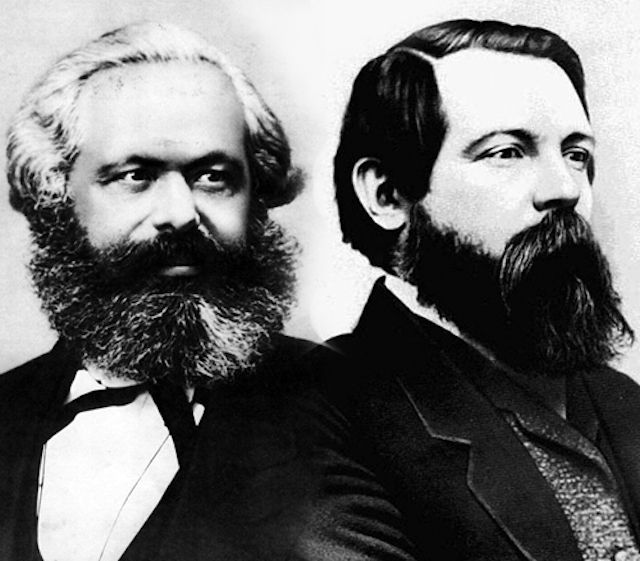
Marxist thought primarily critiques capitalism. It was founded by the renowned German philosopher, theorist and revolutionist Karl Hein Marx (1818-1883) and Fredrich Engels. Besides being a globally adapted and practised social and political theory, Marxism has influenced prominent modern literary theories like historicism, feminism, deconstruction, postcolonialism and cultural studies. This article discusses the fundamental principles of Marxism as established by Karl Marx and Friedrich Engels.
What are the Fundamental Principles of Marx’s Thought?
The foremost step towards understanding marxist literary theory is to be familiar with the basic principles of Marxism.
I. Critique of Capitalism

A capitalistic society is characterised by features such as private ownership of means of production, minimal governmental intervention, and profit. For example, the United States is a typical capitalist society. Most of the means of production in the U.S. are privately owned by individual entrepreneurs or private corporations. The economy of the nation is primarily driven by profit and has minimal governmental intervention. One of the most significant and foremost principles of marxism is the critique of capitalism.
Karl Marx objected to Capitalism on the basis of four factors:
- Capitalism concentrated the means of production, property, and wealth in the hands of a particular class, the bourgeoisie.
- Since wealth belongs exclusively to the bourgeoisie, the proletariat or the working class is constantly exploited and oppressed. Capitalism generates a working class that exists only as long as they are able to find work. The workers are employable as long as they generate profit for the bourgeoisie and increase their capital. Thus, the working class is reduced to a commodity serving for the benefits of the capitalist class.
- Capitalism possesses an imperialistic nature. In order to perpetuate their wealth, the bourgeoisie exploits globally and “creates a world after its own image”.
- Capitalism reduces all human relationships to a cash nexus that are driven by self-interest and monetary calculations. Even a family is reduced to an economic commodity. A bourgeois man in a capitalistic society reduces the wife to a source of production. Within a capitalistic society, it is the capital that has a character or an individuality. All individuals are completely chained to it and are robbed off their identities.
II. Dialectic of History is motivated by material forces- Impact of Hegel on Marx
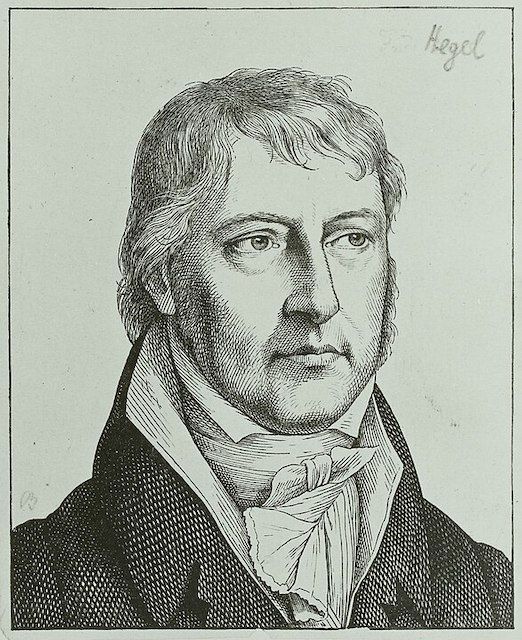
Vladimir Lenin has accurately pointed out that “It is impossible completely to understand Marx’s Capital, and specially its first chapter, without having thoroughly studied and understood the whole of Hegel’s Logic.” Georg Wilhelm Friedrich Hegel or G.W.F Hegel (1770-1831) was one of the most influential German philosophers who significantly shaped Marx’s philosophy. Hegel regarded dialectics as the hallmark of his philosophy and used it in his Encyclopedia of Philosophical Sciences (1817) and Elements of the Philosophy of Right (1820)
Understanding Hegel’s Dialectics
Hegel’s concept of dialectics is primarily a synthesis of opposites. It is popularly known as the triad of thesis, antithesis and synthesis. It is a process where tensions are eventually resolved throughout history. In the first stage, a thesis is proposed, or an idea is defined. This initial thesis is a simplistic and individualistic definition of an idea. During the second stage, there is an antithesis that opposes the definition of the proposed initial thesis, and in the process provides a wider scope to the initial idea. The final stage or the synthesis is the reconciliation between the thesis and the antithesis. It acts as a union between the particular and the universal. Hegel employed dialectical methodology while exploring the concept of freedom in the Philosophy of Right. We can utilise this to understand the dialectical methodology.
- Thesis: The concept of Freedom: This would include the simple and individual definition of freedom. Freedom means that one is free to do whatever they want to without considering any external factors.
- Antithesis: The antithesis criticises the definition of freedom. It points out that if everyone began to do as they pleased and practised absolute freedom without any social consciousness, it would inevitably result in chaos. Thus, it attempts to situate the concept of freedom against a wider social context.
- Synthesis: The final stage unites the thesis and the antithesis while providing a wider scope to the meaning of freedom. The abstract and absolute idea of freedom eventually gets synthesised to ‘freedom within a civil society’. Thus, synthesis not only reconciles thesis and antithesis, but also generates a new definition of freedom where individuals can do as they please as long as they are in harmony with societal peace. There exists a balance between absolute freedom and restriction.
Even though the triad of Thesis-Antithesis-Synthesis is famously attributed to Hegel, he never employed these terms for his dialectical methodology. The triad of thesis-antithesis-synthesis was coined by the German philosopher Johann Gottlieb Fitche. Nevertheless, it provides an outline to his philosophy of dialectics. Hegel extensively explains his dialectical method in Encyclopedia Logic, the first part of his Encyclopedia of Philosophical Sciences. According to him, a logic has three moments:
- The moment of Understanding: This is the first moment, and is that of absolute fixity where a concept has a fixed definition.
- Negatively Rational: This is the second moment. It is the instance of instability in which exists the process of self-sublation (aufheben). This is a significant stage in Hegel’s dialectical process. Self-sublation or aufheben carries a double meaning. It means both to negate (cancel) as well as to preserve. The first moment of understanding sublates itself because its one-sided or absoluteness destabilises and pushes it towards the opposite. The moment of understanding or fixity simultaneously cancels and preserves itself.
- The speculative or the positively rational: This is the third moment in a logic. It unites the conflict between the moment of understanding and the moment of negatively rational. This speculative or positive rational is the negation of certain determinations and creates a new form.
Thus, Hegel uses the abstract-negative-concrete scheme where something concrete forms through the reconciliation between the abstract and the negative.
Hegel perceived dialectic operating throughout history - from the Oriental world through the Greek and Roman, to the modern German world. According to him, the underlying principles of one society eventually created successive new societies. Although a new society is based on entirely new principles, they still absorb and adapt certain values of the previous society. One of the most significant features of Hegel’s dialectics is the thought that every concept must be situated in a historical context, and as a product of certain historic relations.
Differences between the dialectical approaches of Marx and Hegel
For Karl Marx, dialectics was significant and relevant. It was Hegel’s concept of freedom that drove the bourgeoisie to revolt and bring down feudalism whose social hierarchy was based on irrational theology and superstition. They eventually established a free economy based on rationality and a free individual. Thus, for Marx, dialectic was a powerful political tool that could negate the state of affairs. Like Hegel, Marx also established that earlier phases in history were sublated during their negation by subsequent phases. However, where Hegel believed that the dialectical movement of history was driven by divine spirit, for Marx, the dialectic of history was driven by material forces and relations of economic production. Particularly, Marxism states that history is driven by class struggle: “The history of all hitherto existing society is the history of class struggle”. (The Communist Manifesto)
Marxism emphasises that dialectic in history is a combination of theory and practice. An established system and society cannot be overthrown by thought and theory alone. Marx states that “The philosophers have only interpreted the world, in various ways; the point, however, is to change it”.
Marxism theory inverts Hegel’s dialectical methodology. In his Capital Volume I Marx remarks that Hegel’s dialectic was “standing on its head. It must be turned right side up again, if you would discover the rational kernel within the mystical shell.”
For Hegel, progress or societal change was the product of the conflict in ideas. For Karl Marx, ideas were shaped by material forces throughout history.
"My dialectic method is not only different from the Hegelian, but is its direct opposite. To Hegel, the life process of the human brain, i.e., the process of thinking, which, under the name of “the Idea,” he even transforms into an independent subject, is the demiurgos of the real world, and the real world is only the external, phenomenal form of “the Idea.” With me, on the contrary, the ideal is nothing else than the material world reflected by the human mind, and translated into forms of thought."
In his A Contribution to the Critique of Political Economy (1859) Marx points out that
“At a certain stage of development, the material productive forces of society come into conflict with the existing relations of production…Then begins an era of social revolution. The changes in the economic foundation lead sooner or later to the transformation of the whole immense superstructure”
He highlights the class struggles between the slaves and the freemen, patricians and plebeians, lords and serfs throughout history. He states that at present the class struggle is between the bourgeoisie and the proletariat. Just like the capitalistic society had sublated the feudal society, socialism would eventually negate and sublate capitalism. Capitalism would continue to cause economic crisis and oppression when eventually the working class would unite and revolt against the bourgeoisie. Thus, capitalistic exploitation would inevitably end once the masses would have suffered perpetually.
With time, as the wealth and property will get concentrated in the hands of fewer and fewer people, the working class or the proletariat will continue to grow in number. Eventually, the oppressed labour class that is forced into discipline will organise, revolt and overthrow the capitalists. For Marx, this is the dialectical movement from feudalism through capitalism to communism. Thus, the capitalistic stage represents the negation of feudalism. Similarly, communalism becomes the negation of negation where the conflict between private property and socialised production is resolved by the establishment of socialised property. We must keep in mind that Marx did not mean that communism will completely overtake capitalism. Instead, it will grow out of capitalism while retaining its ideals of freedom and democracy.
III. The Division of Labour

Division of labour is the process in which a production is broken down into multiple separate tasks for efficiency. Each task is then assigned to different individuals or groups of individuals. As a result, the workers are alienated and detached from the final product. Marxism emphasises that there have been various forms of ownership throughout history. For him, there were three significant consequences of social division of labour.
- Since the division of labour distributes work unequally, it results in private property.
- Emergence of State that forms like an illusionary communal life detached from individuals and community. Marx emphasises that all struggles within a state are various disguised versions of class struggles.
- The division of labour leads to alienation of social activity.
IV. Concept of Ideology
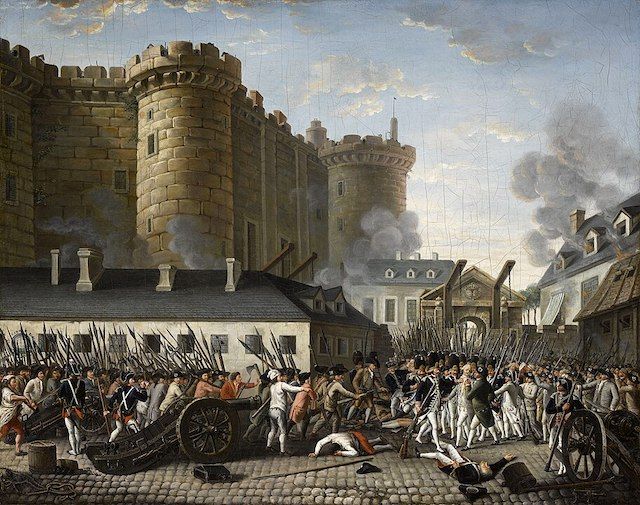
Ideology is a set of beliefs and ideas that legitimises and validates the existence and the dominance of the ruling class. It is through ideology that the capitalist class is able to skew the true and exploitative nature of prevalent social and economic relations. The class in power must gain political agency inorder to maintain its power position and project its interest as general interest. This is where the concept of ideology arrives. According to Marxism, the class that possesses the material forces in a society also rules its intellectual domain. Since it is a class that is in possession of property and wealth, it can promulgate its ideas in the fields of law, morality, religion and art and advertise them as universal. For example, before the French revolution (1789-1799) it was the monarchy and the nobility that enjoyed the most economic and social power. In order to maintain their position, the ruling class perpetuated ideologies such as the divine rights of kings where the kings were declared to be chosen by God. This ensured minimal conflict and opposition. The French Revolution was the result of perpetual economic crisis, social injustices, and political oppression inflicted by aristocracy and monarchy. As a result, it overthrew monarchy and its ideologies of feudalism and divinity. In its place rose the bourgeoisie or the capitalistic middle class and their ideologies of equality, liberty, and fraternity.
According to Marxism, the ideology of the ruling class is always projected as the ideology and interest of people as a whole. Moreover, the modern state is nothing “but a committee for managing the common affairs of the whole bourgeoisie”
The fundamental principles of Marxism have been extremely impactful in social and economic spheres. Even today, when it is perceived to be obsolete, we must realise that the principles of marxism are dialectical. As our world changes, these principles too continue to change, adapt and extend to the evolving societies. Just like other critical theories, Marxism is not a complete and static system but is a dynamic critical theory that is still crucial and relevant to our world.
References
Barlas, Baran. "What do Hegel and Marx Have in Common?" TheCollector.com, December 15, 2022, https://www.thecollector.com/what-do-hegel-and-marx-have-in-common/.
Cuddon, John A. The Penguin Dictionary of Literary Terms and Literary Theory. London, England, Penguin Books, 2014
Economic Manuscripts: Preface to a Contribution to the Critique of Political Economy.” Www.marxists.org, www.marxists.org/archive/marx/works/1859/critique-pol-economy/preface.htm#005
Marx, Karl. “Economic Manuscripts: Capital Vol. I - 1873 Afterword.” Marxists.org, 2019, www.marxists.org/archive/marx/works/1867-c1/p3.htm.
Rafey Habib. A History of Literary Criticism and Theory : From Plato to the Present. Malden, Mass., Blackwell Publ, 2009
Read More
